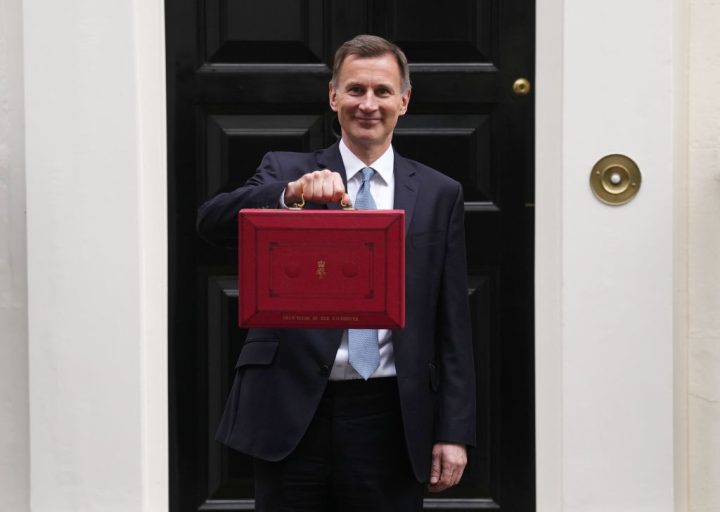A million pounds is very small change in the context of wider government spending – especially compared to the £20 billion of extra giveaways Jeremy Hunt has announced for the next few years. But sometimes that small change tells you more about a government’s priorities, and its sense of direction, than the big announcements.
I suspect that was true in this week’s spring Budget. Alongside billions dished out for freezing fuel duty and extending the Energy Price Guarantee for another three months, the Chancellor also announced a government-sponsored prize, to run for the next ten years, ‘to the person or team that does the most ground-breaking British AI research’.
What’s so telling about this? It gives us very clear insight into how the government currently views the role of the state. First, it echoes a new trend of intervention, as seen with its biggest announcement: thirty hours of ‘free’ childcare. From daycare to AI, sectors will only thrive if the government is involved (government will now be responsible for paying 80 per cent of all childcare costs, up from 50 per cent), by picking winners and dishing out taxpayer cash to those who qualify. Second, this kind of gimmick shows just how far the Tory party has strayed from making the case for a less wasteful, leaner state.
This can be seen in the headline data, too. The Office for Budget Responsibility estimates that after this Budget, the ratio of public spending to GDP will ‘settle at 43.4 per cent, its highest sustained level since the 1970s’. In other words, welcome to Big State Toryism.
It’s not exactly a new concept: every Conservative prime minister since David Cameron has shied away from public policy that would actually reduce the size of the state. But at the very least, lip service was often paid to the idea of scaling back. No longer, it seems. Hunt’s Budget signals that the state is only going to do more: and despite his spending power dramatically tightening from 2026, there was no indication that plans are being made for Whitehall to scale back the areas it oversees.
Hunt’s Budget isn’t exactly Boris Johnson’s ‘cakeism’ agenda – in which you promise the world and no trade-offs are made. It was Rishi Sunak, when chancellor, who had to remind Boris Johnson time and time again that if he wanted all these giveaways, he’d have to pay for them. Now in charge, Sunak and Hunt are opting to find the money instead of scaling back the promises, which helps to explain why the tax burden will soon be approaching a post-war high. Tax receipts are higher and Hunt’s scope for borrowing proved much larger than expected – just shy of £40 billion – but more than five million people are the subject of fiscal drag (two million pulled into a higher rate of income tax, three million pulled into paying tax altogether).
As Katy Balls notes in her politics column this week, the plan remains to reduce the tax burden in a future fiscal statement, certainly before the next election. But as long as the government remains intent on expanding giveaways, that tax break can only be so big. As the Institute for Fiscal Studies Carl Emmerson said after the Budget, Britain is well on its way to becoming a ‘high tax economy’.
Meanwhile, despite Hunt’s pledge to get the debt-to-GDP ratio falling by 2027-28 (leaving himself ‘the smallest amount of headroom any chancellor has set aside against his primary fiscal target’, according to the OBR), the value of public sector net debt will continue to rise year-on-year. This raises questions about just how sustainable the public finances are, especially in the wake of rising interest rates.







Comments